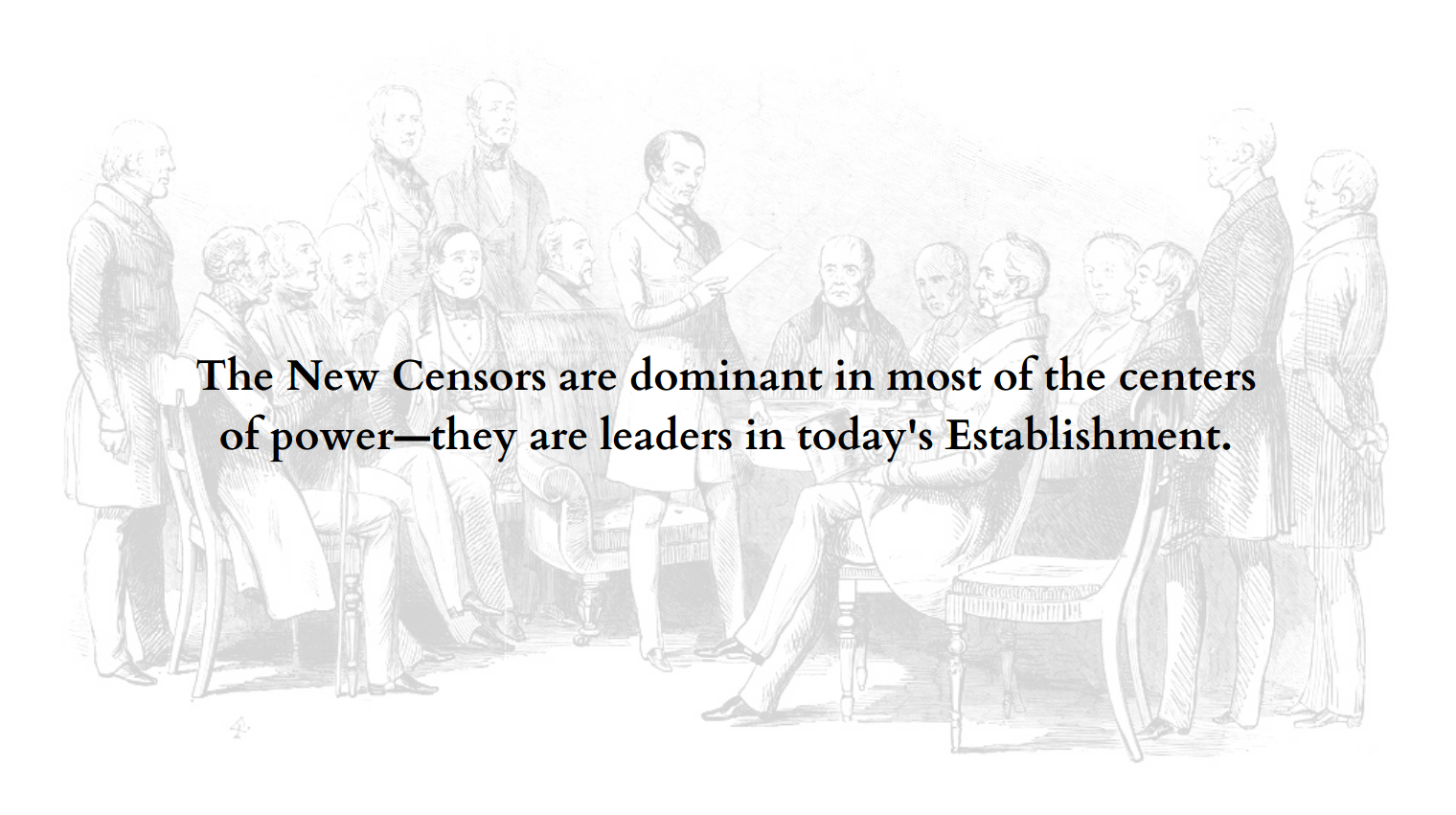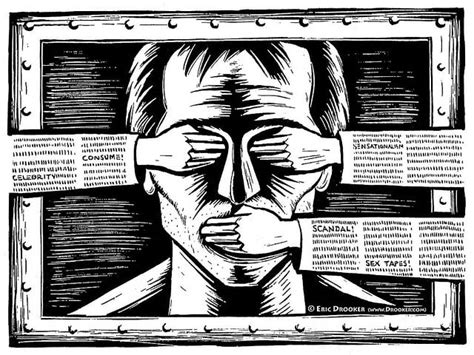Category: Politics
-
A Free Speech Credo
I. Free speech is nothing if not offensive. Free speech just is the right to say offensive things. Popular, safe speech needs no protection; only unpopular, unsafe speech does. Free speech needs protection precisely […]

-
Remarks on the drug crisis
As a drug-legalization libertarian, watching this video wasn’t easy: It’s a highly opinionated piece of propaganda; but it is also extremely persuasive. Thinking about this might make me moderate my position on drug […]
-
Reply to Prof. Sears’ rant against free speech defenders
Updates below. Here’s a quickly-assembled response to this interesting Twitter thread, by a Matthew A. Sears, professor of Classics and Ancient History at the University of New Brunswick. When classics professors say the […]

-
Are we becoming indifferent to freedom and democracy?
Originally posted December 19, 2015. Reposting. More relevant than ever. I know, I know: That title sounds ridiculously click-baity. But if you’ll look at my blog, you’ll see that I don’t really go […]
-
Gay activists and Hollywood liberals vs. traditional Muslims vs. free speech liberals
Here’s a richly ironic slice of our strange, sad old world in 2019. Ellen Degeneres is (quite rightly) protesting the Sultan of Brunei for introducing the death penalty (stoning to death) for gay […]